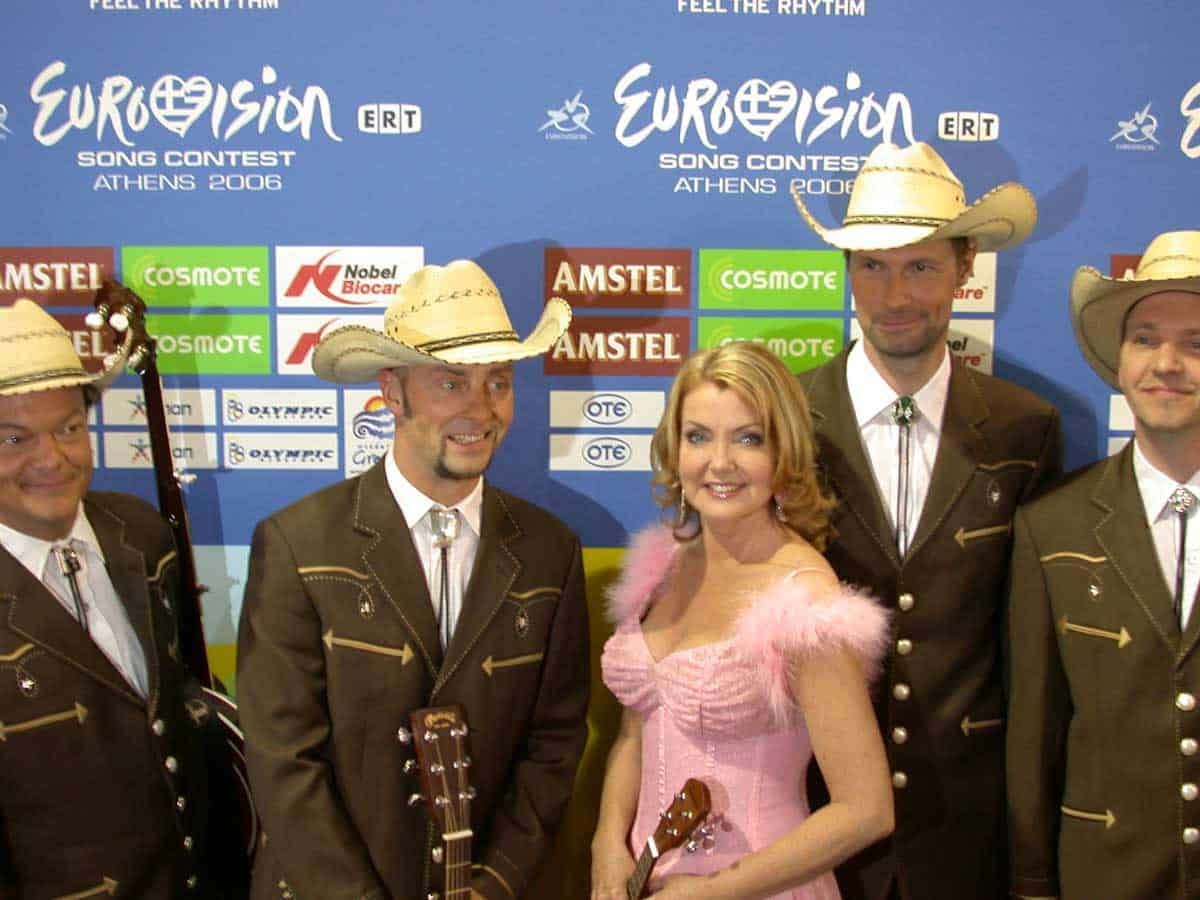Australia’s involvement in the Eurovision Song Contest is a relatively recent addition, with the country joining the competition in 2015. This year’s contest will signify Australia’s ninth participation in the event. In 2023, the Western Australian group Voyager achieved another impressive feat with their rock-infused track “Promise,” securing a Top 10 placement and finishing 9th in Liverpool.
In 2015, Australia’s participation in the Eurovision Song Contest was initially framed as a one-time exception. However, owing to the nation’s consistent success and enthusiastic reception from fans, Australia has received invitations to compete in the contest every year since. It is now firmly established that Australia holds a permanent status within the Eurovision Song Contest, with no signs of this arrangement changing in the foreseeable future. Moreover, there are emerging indications that New Zealand may also become part of the Eurovision family in the near future.
Australia’s journey in the Eurovision Song Contest since their debut in 2015 has undeniably been remarkable. Across their seven participations, they have only missed out on qualifying for the Grand Final once. Impressively, Australian entries have secured placements within the Top 10 on five occasions.
Notably, Dami Im’s outstanding 2nd place finish in 2016 garnered widespread acclaim. Additionally, Australia has captivated audiences with their distinctive and innovative performances, such as Kate Miller-Heidke‘s awe-inspiring aerial acrobatics in Tel Aviv 2019. It’s evident that Australia has wholeheartedly embraced the essence of the Eurovision Song Contest, emerging as a cherished and dynamic participant in the competition.
Despite the geographical distance separating Australia from Europe, strong ties have developed over centuries. Many Australians have European heritage, with a significant European population residing in the country. The Eurovision Song Contest has long been a beloved television event, drawing viewers from across Australia despite the time zone disparity. Australian television has been broadcasting the ESC since 1974, when Olivia Newton-John, an Australian singer, participated for the UK. Despite the significant time difference, Australians have eagerly tuned in to watch the contest. Televoting in Australia occurs early in the morning, but for those who prefer to watch in the evening, there is always a reprise on Sunday night, ensuring that fans can enjoy the spectacle at their convenience.
Indeed, there have been notable instances of Australians participating in the Eurovision Song Contest. One such example is Olivia Newton-John, who was born in England in 1948 but moved to Australia with her family at the age of five. In 1974, the same year ABBA triumphed for Sweden, Olivia achieved an impressive 4th place in Brighton with her performance of “Long Live Love.”
Johnny Logan, a renowned figure in the Eurovision Song Contest, has left an indelible mark on the competition, having secured victory three times for Ireland—twice as a singer and once as a composer. Born in Melbourne, Victoria, Australia in 1954 to Irish immigrants, Logan’s contributions to Eurovision are celebrated worldwide. His performances of “What’s Another Year” in 1980 and “Hold Me Now” in 1987 garnered widespread acclaim and success. Additionally, in 1992, his composition “Why Me,” performed by Linda Martin, clinched the top spot in the Eurovision Song Contest, further solidifying Logan’s legacy in the realm of Eurovision history.
Born in Brisbane, Queensland, Australia in 1970, Gina G. rose to prominence as she represented the United Kingdom in the Eurovision Song Contest with her infectious dance track “Ooh…Aah…Just A Little Bit” in 1996. Despite its popularity and commercial success, the song achieved an 8th place finish in Oslo that year.
Jane Camerford, hailing from Newcastle, New South Wales, Australia, was born in 1959. In 2006, she had the honor of representing Germany in the Eurovision Song Contest as a member of the band Texas Lightning. Their performance of the upbeat country-pop song “No No Never” in Athens garnered acclaim, yet the song ultimately secured a 14th place finish in the ESC.
In 2014, Australia made its first guest appearance in the Eurovision Song Contest in Copenhagen. Jessica Mauboy, who was born in Darwin, Northern Territory, Australia in 1989, represented Australia in the Semi Final 2 interval act with her song “Sea of Flags” (2014). Four years later, in 2018, Mauboy returned to the contest as a contestant with her song “We Got Love” (2018), but only managed to reach 20th place in the competition.
Biggest successes
3th place, Dami Im with “Sound Of Silence” (Stockholm 2016)
History
- Debut: 2015
- Participations: 9
- Victories: 0
- Finals: 7
- Chances to reach the final: 78%
- Top 10: 5
- Chances to reach the top 10: 56%
- Last place: 0
Video Nostalgia
Guy Sebastian with “Tonight Again”, Rank 5 (Vienna 2015)
Sheldon Riley with “Not The Same”, Rank 9 (Turin 2022)
Isaiah with “Don’t Come Easy”, Rank 9 (Kiyv 2017)











